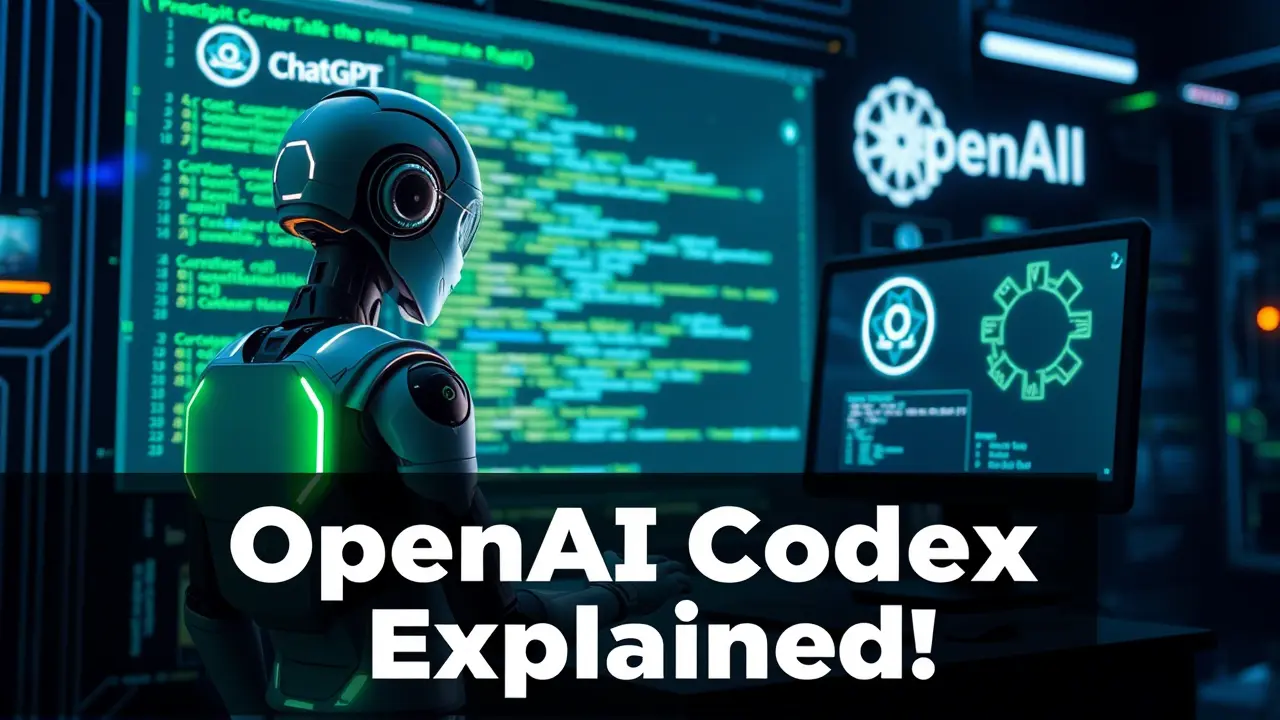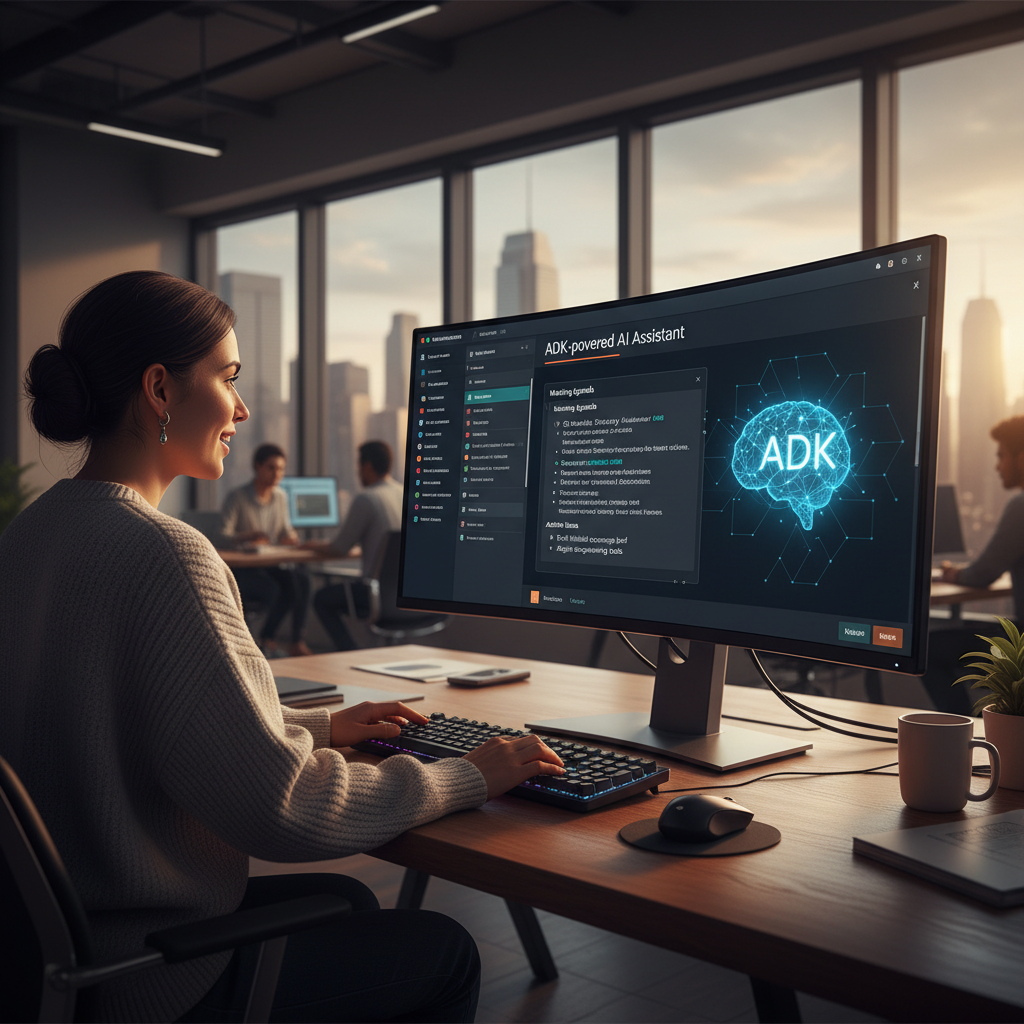What Is OpenAI Codex?
- Codex is OpenAI’s new AI coding agent, now inside ChatGPT.
- It can write, debug, test, and explain code autonomously.
- Powered by codex-1, a fine-tuned AI model for developers.
- Available in ChatGPT Pro, Team, and Enterprise plans.
- Operates in sandboxed cloud environments for secure execution.
🆚 Codex vs ChatGPT vs Copilot
| Feature | ChatGPT | GitHub Copilot | OpenAI Codex |
|---|---|---|---|
| Chat Help | ✅ | ❌ | ✅ |
| Inline Suggestions | ❌ | ✅ | ❌ |
| Executes Code | ❌ | ❌ | ✅ |
| Testing/Debugging | ❌ | ❌ | ✅ |
| Sandboxed Safety | ❌ | ❌ | ✅ |
Codex is more than an assistant — it’s a task runner with logs and test results, giving full transparency.
⚙️ What Can Codex Do? (Examples)
- Debug a broken Python script and return logs
- Run unit tests and show results
- Write new files or edit existing ones in a repo
- Explain what a complex piece of code does
- Set up backend routes or database configs
Everything happens in a safe sandbox — so your environment stays untouched.
Key Features of OpenAI Codex
| Feature | Description |
|---|---|
| Multitasking Agent | Run multiple coding tasks at once |
| Autonomous Execution | Executes code, returns terminal logs |
| Secure Sandboxing | No local access, runs in isolated containers |
| GitHub Integration | Works within repositories (read-only for now) |
| Transparent Output | See logs, file diffs, test reports |
How Codex Works
Codex is powered by a special version of OpenAI’s o3 model, called codex-1, trained using feedback from real software engineers. It:
- Understands full tasks like “fix this bug” or “add auth to this API”
- Runs inside OpenAI’s secure cloud sandbox
- Doesn’t access external internet (for now)
- Returns logs and code outputs directly inside ChatGPT
Availability & Access Plans
| Plan | Access to Codex |
|---|---|
| ChatGPT Free | ❌ |
| ChatGPT Plus | 🔜 (Coming soon) |
| ChatGPT Pro | ✅ |
| ChatGPT Team | ✅ |
| ChatGPT Enterprise | ✅ |
Who’s Using Codex Already?
These real-world companies are already testing Codex in production settings:
- Cisco — automation tools
- Superhuman — backend testing
- Kodiak Robotics — autonomous vehicle code validation
- Temporal — internal developer support
Why Codex Is a Game-Changer
OpenAI Codex represents a shift from “autocomplete tools” to intelligent task-performing agents.
Benefits:
- Save hours on debugging and setup
- Increase dev team productivity
- Empower solo developers with enterprise-level capabilities
- Build apps faster with fewer roadblocks
Codex vs Other AI Coding Tools
| Feature | Codex | Copilot | Gemini AI | Claude 3 |
|---|---|---|---|---|
| Task Execution | ✅ | ❌ | ❌ | ❌ |
| IDE Integration | ❌ | ✅ | ❌ | ❌ |
| Test Generation | ✅ | ❌ | ❌ | ❌ |
| Explanation Power | ✅ | Partial | ✅ | ✅ |
Codex stands out for action-based coding — not just suggestion-based.
Limitations to Keep in Mind
- No IDE plugin yet (web only)
- No live web access during task execution
- Doesn’t replace developers — assists them
- Requires ChatGPT Pro+ for full access
- Still in research preview with evolving reliability
What’s Coming Next?
- Integration with ChatGPT Plus plans
- Visual Studio Code plugin (rumored)
- More task chaining (e.g., write > test > deploy)
- Credits system or usage-based pricing for teams
Final Thoughts
Codex transforms ChatGPT from a helpful assistant into a junior developer-level teammate. With its ability to run, test, and debug code safely in a sandbox, it’s a tool that saves hours of development time.
If you’re building apps, managing backend code, or working with APIs — Codex will be one of your most powerful tools in 2025.
🙋 FAQs
Q: What is OpenAI Codex used for?
Codex helps developers write, test, debug, and explain code using AI inside ChatGPT.
Q: Is OpenAI Codex free?
No. It’s available to ChatGPT Pro, Team, and Enterprise users.
Q: Can Codex run code on my PC?
No. All execution happens in cloud-based sandboxed environments.
Q: Is Codex better than Copilot?
Yes — Codex can actually execute and test code, not just suggest it.
Q: Does Codex support VS Code?
Not yet. It currently works only inside ChatGPT’s web interface.





